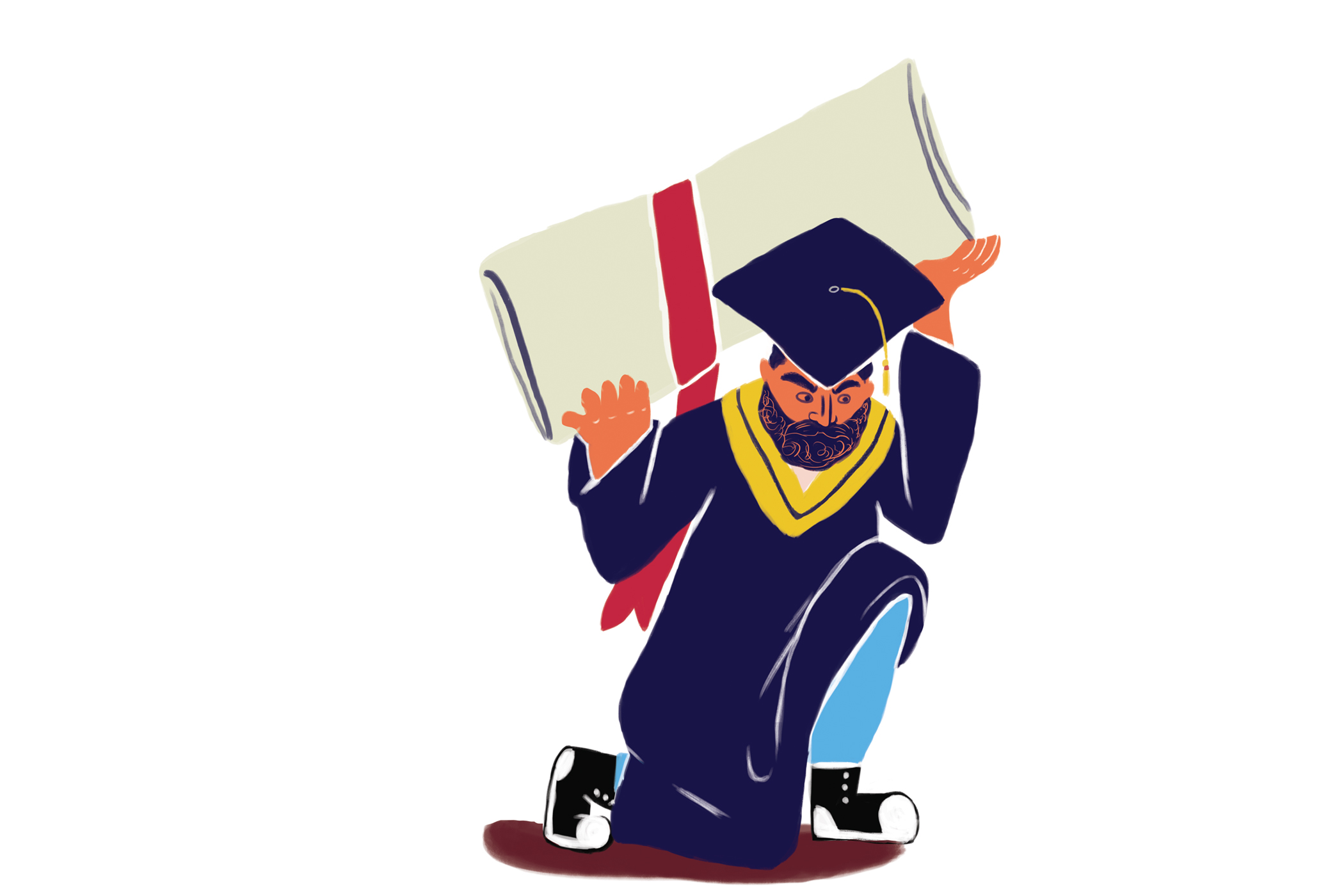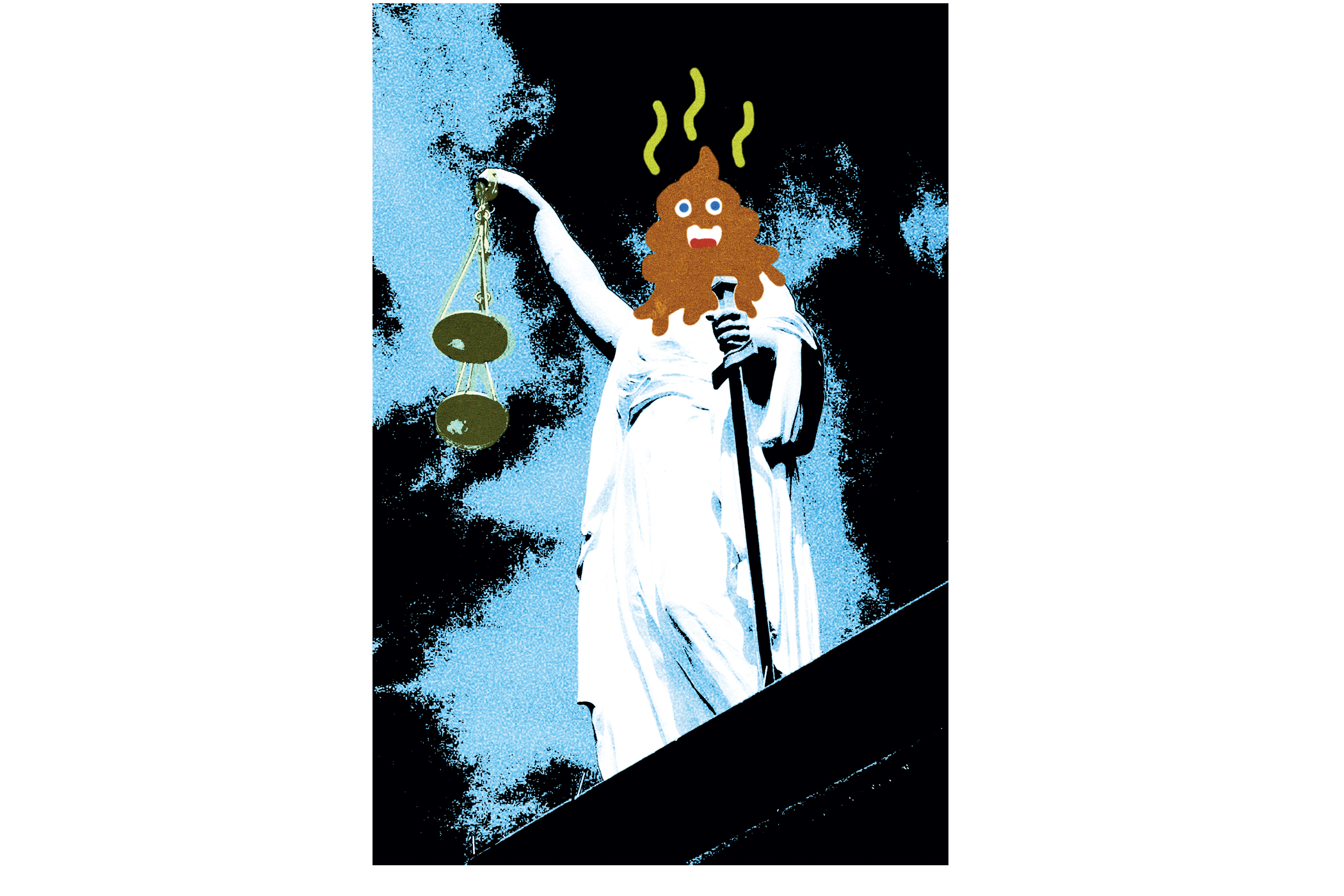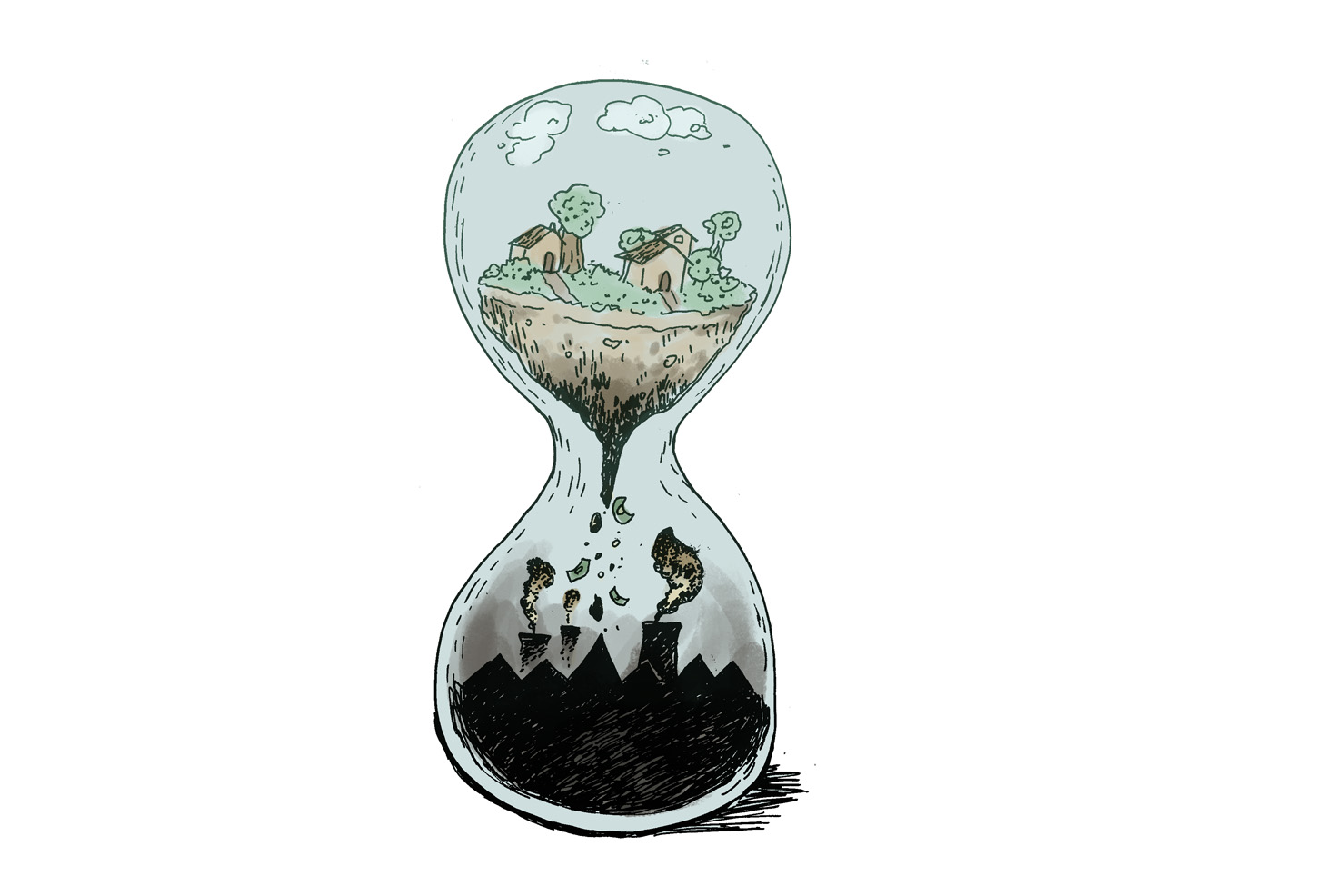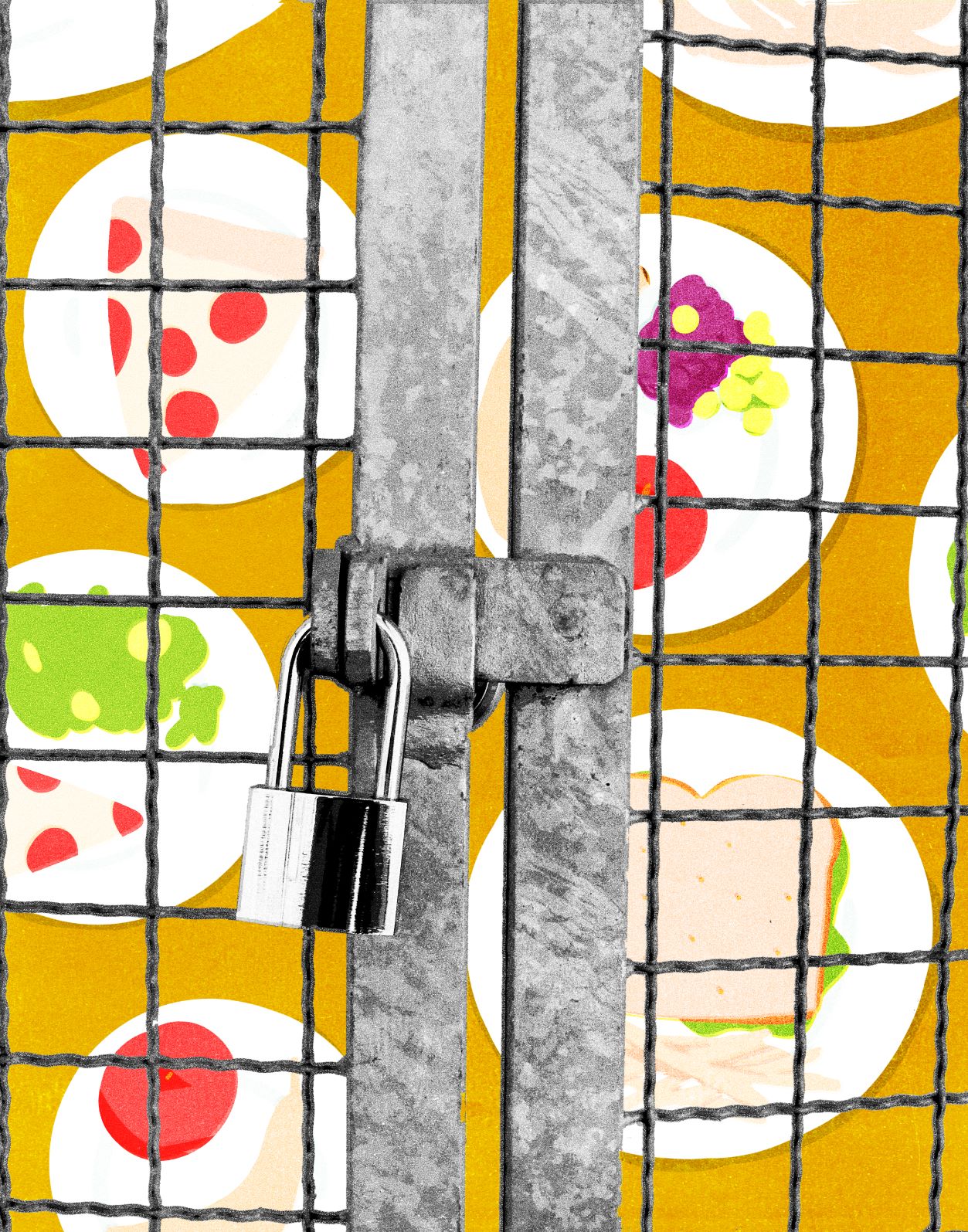As college students and millennials, we are all too familiar with social criticism. We are constantly being categorized in a negative light, condemned as being entitled, lazy, immature, or delusional regarding reality. The internet and social media grant easy access to these remarks until they’re practically inescapable. Such comments, often made by non-students or older generations, do not correlate with reality. In fact, research suggests an opposing view.
As those before us, we in the Portland State community today face unique challenges. There are the rising costs of tuition and housing, along with the international importance of a university degree in the job market. Higher education is essentially more important and harder to achieve than ever before. Yet students continue to strive and somehow make it work, setting millennials on track to become the most educated generation.
In response to these challenges, many students are working while attending school. A 2015 Georgetown University report calls this “the new normal.” However, it still isn’t enough.The report notes that even working full-time a student still wouldn’t earn enough to work their way through college, as opposed to students a generation ago. Because of this, we have become well acquainted with student loans and other financial aid. Debt after graduation is a reality many of us face. Students in this situation aren’t simply handed an education. It has a high price that we’re facing with determination—along with some characteristic facetiousness. We are doing what we can with our resources in order to pursue meaningful educations and careers. That doesn’t sound like laziness or entitlement to me.
As a result of these jobs throughout college, students are gaining practical skills in the “real world” as a part of the workforce that are useful in future careers after graduation. The same Georgetown University report says this experience becomes an asset that can “accelerate their launch into full-time careers.” Student workers are therefore gaining practical knowledge along with their academic studies—a sort of combination of book and street smarts.
College campuses are not strangers to political involvement. It’s hard to walk through the PSU campus without seeing action for some sort of cause—whether it’s someone collecting signatures or flyers posted around hallways. In 2016 the Higher Education Research Institute at UCLA found that college student “commitment to activism, political and civil engagement” is at an all-time high. Students are staying connected to current events often through the internet and social media. This easy access to information allows us to be incredibly aware of what is going on across the globe, and in turn spurs us on to take action. We are facing a difficult world, but the persistent drive to change things for the better is an amazing trait of our demographic.
It’s easy to despair in light of the challenges that loom over our generation, but contrary to stereotypes, research supports the notion that we are doing better than we are given (and give ourselves) credit for. Adulting is still hard, but we’re doing it in our unique way, and that is inspiring.






